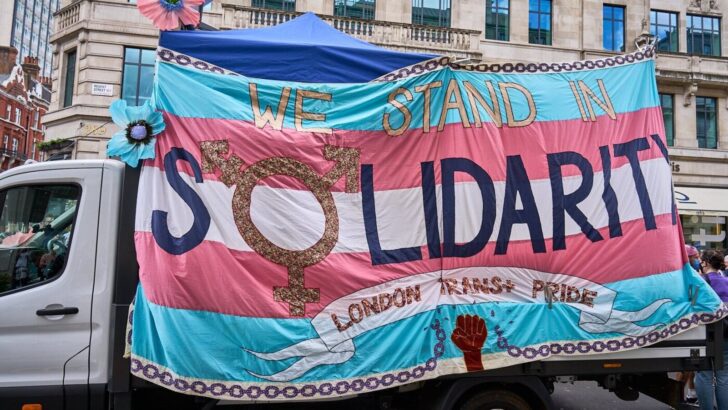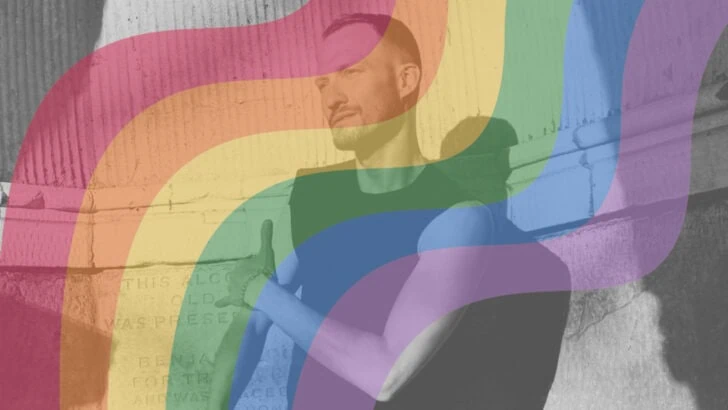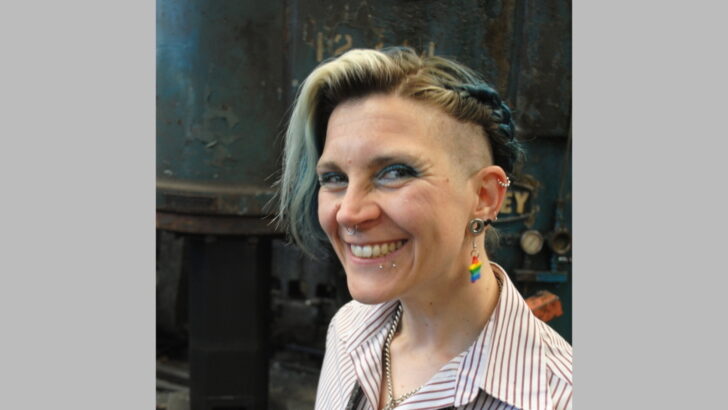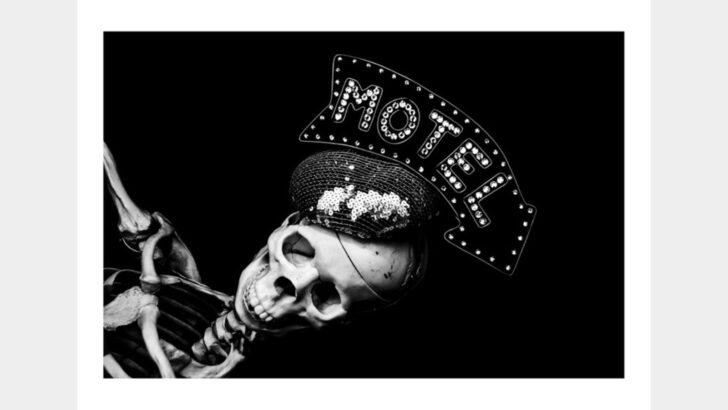-
Dutch soul pop star Jeangu Macrooy releases a queer protest song, ‘Independent Girls & Nasty Evil Gays’, out now
-
London Trans+ Pride: this year’s theme is ‘Existence & Resistance’, 26 July ’25
-
“Have you ever held a secret so heavy it felt like it could break the world?” by Sadiq Ali
-
QX July LGBTQ+ film highlights
-
The Post-Pride Practice: When the Rainbow Flags Come Down, Your Real Work Begins
-
Queer Decompress & Born This Way: two workshops for a post-Pride soft landing, 12 July ’25
-
Jordan Luke Gage to star in new musical, Saving Mozart, at The Other Palace, 28 July to 30 August ’25
-
“Queer YA Fiction and Coming Out” by Poppy T. Perry
-
“From Diagnosis to Disco: How Cancer Led Me to OutPatients and Back to the Dance Floor” by Daniel Edwards (aka DJ Dallyn)
-
Pride as a Spiritual Practice
-
“From Performativity to Body Politics: The Metaphorical Myths and Rituals of Artist Scarlett Wang” by Freya Fan
-
Window Shopping at Bonnington Gallery
-
QX meets Worricka, queer singer, songwriter and artist
-
Kfir debuts Glamorous: a bold, disco-driven ode to identity, style and self-worth
Stories
Welcome to the QX Magazine blog, your go-to destination for engaging LGBTQ+ stories, news, and lifestyle content. Here, you’ll find a diverse range of articles covering everything from the latest LGBTQ+ news to insightful features, travel tips, and entertainment recommendations. Our mission is to celebrate and support the LGBTQ+ community by providing you with informative and entertaining content. So, grab a cup of tea and join us as we explore all things queer!















